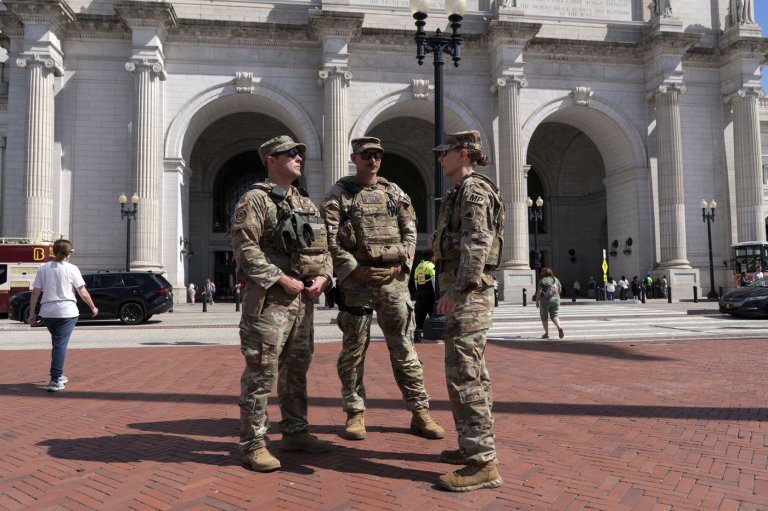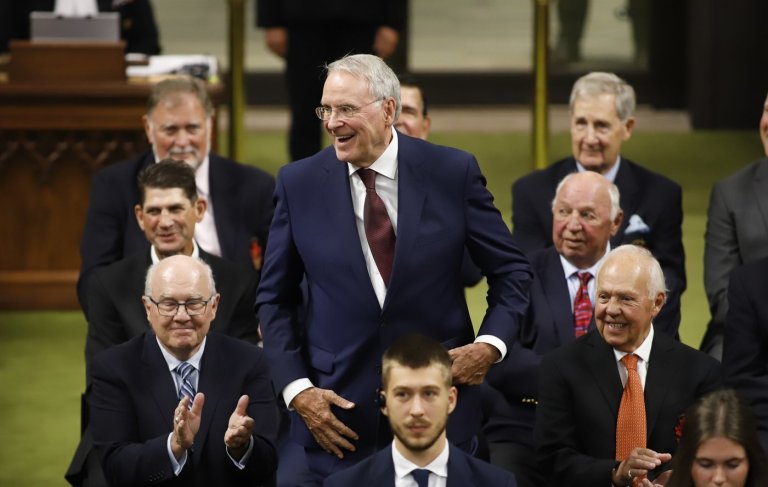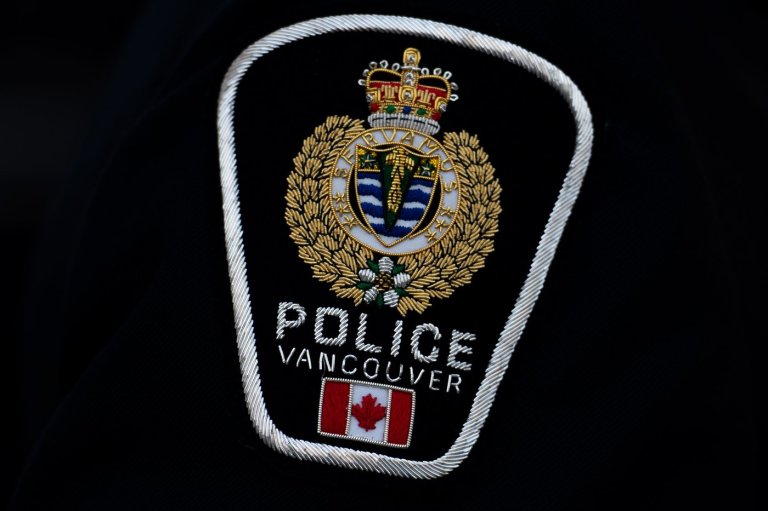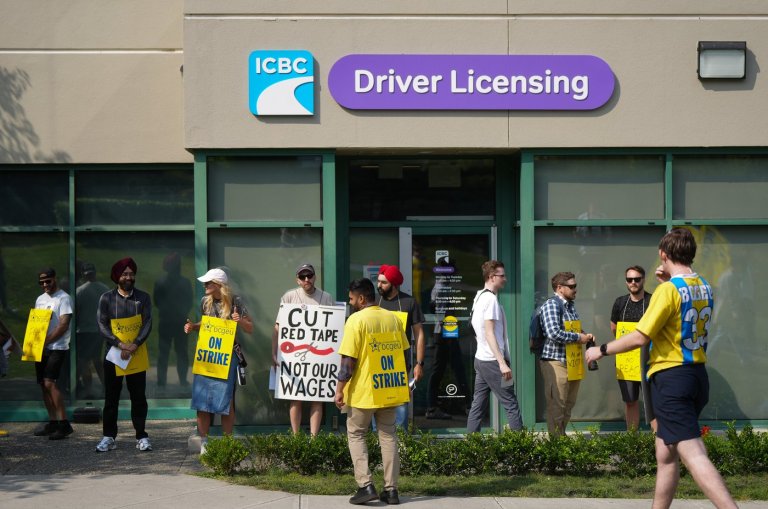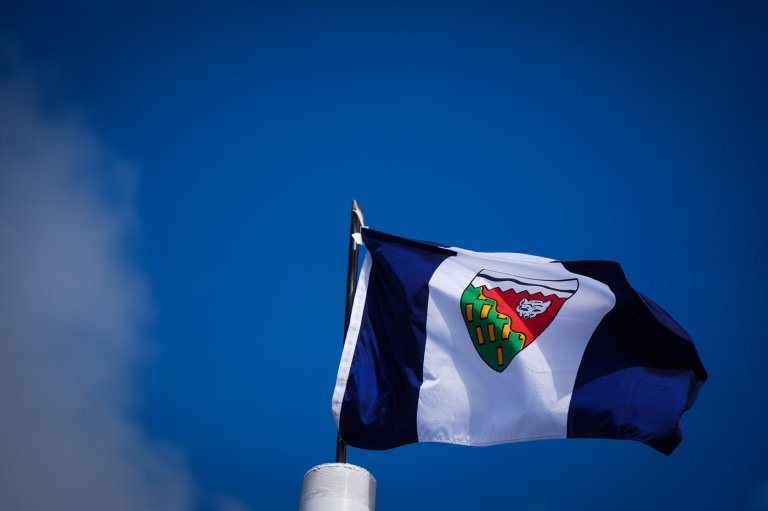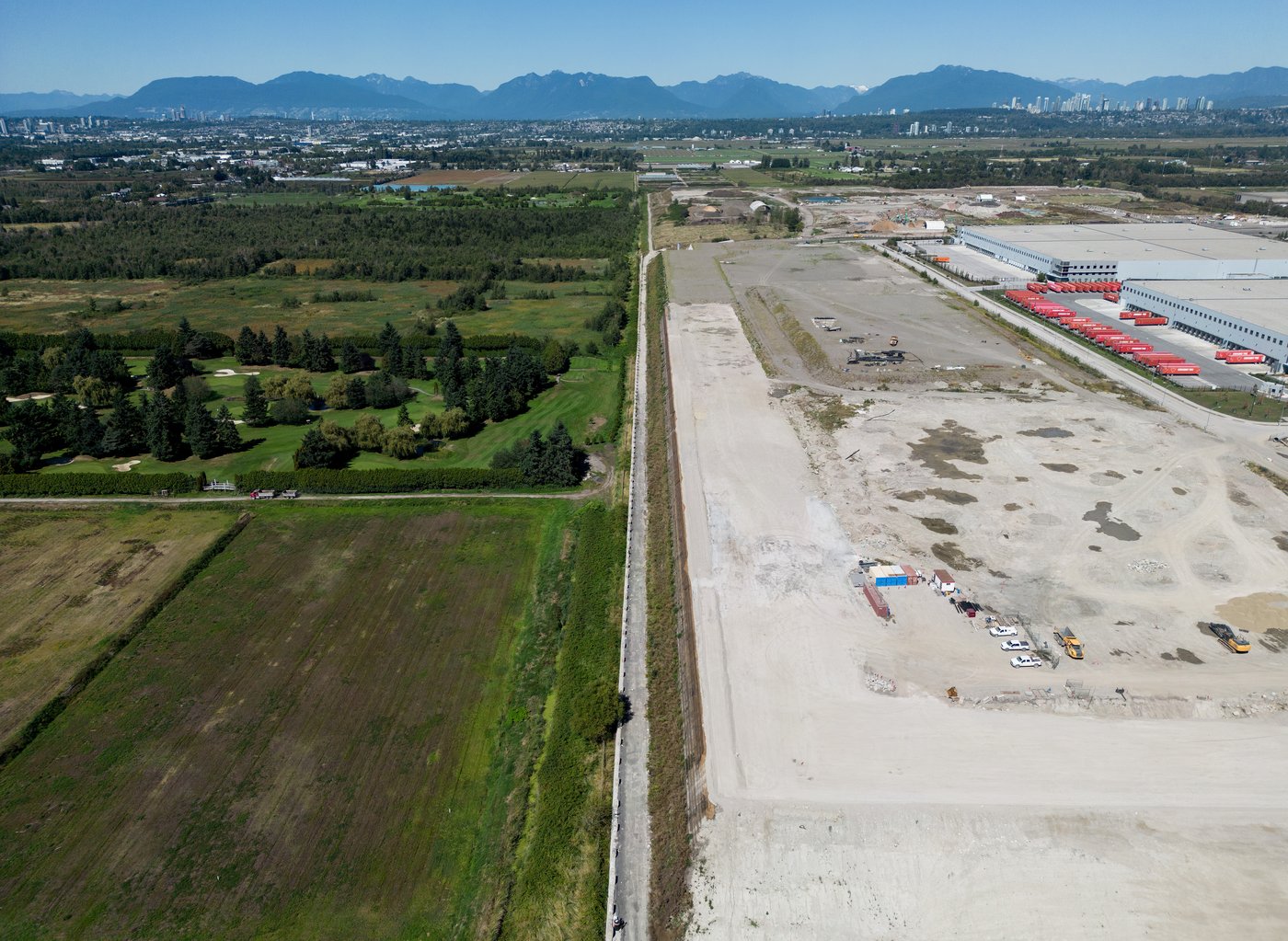
Musqueam and City of Richmond file notices of appeal after Cowichan Tribes ruling
VANCOUVER — The Musqueam Indian Band and the City of Richmond each say they are appealing the recent B.C. Supreme Court decision that found another First Nation government holds Aboriginal title for land and fishing rights in an area of Metro Vancouver.
The ruling last month granted the Cowichan Tribes Aboriginal title over a portion of almost 7 1/2 square kilometres of land they claimed in Richmond, B.C., as well as fishing rights along a stretch of the south arm of the Fraser River.
The ruling declares Crown and city titles to be “defective and invalid,” and while the Cowichan Tribes did not seek the same designation for private land titles, Justice Barbara Young found granting them had unjustifiably infringed on Cowichan title.
The Musqueam and Tsawwassen First Nations, along with the federal and provincial governments, the City of Richmond and the Vancouver-Fraser Port Authority all opposed the Cowichan claim during the 513-day trial.
Musqueam and the City of Richmond have each issued statements saying they have filed notices of appeal in the case, with Musqueam saying the Tsawwassen First Nation supports their appeal while moving forward with its own.
Musqueam Chief Wayne Sparrow says his nation is “deeply concerned” by the Aug. 7 ruling and its potential effects on future land claims.
“Like many Musqueam families, I come from generations of fishers who worked tirelessly to protect our territory, rights and resources,” Sparrow says.
“We will continue to follow the guidance of our elders and ancestors by vigorously appealing this decision,” he says.
The statement from Richmond Mayor Malcolm Brodie, meanwhile, says the court’s decision undermines fee simple ownership of properties in the area and “compromises the entire land title system” in the province.
Brodie says property owners “can no longer rely on their title confirming a fee simple interest as conclusive evidence of absolute ownership of their land.”
The B.C. government has also pledged to appeal the decision, with Attorney General Niki Sharma saying last month that it could have “significant unintended consequences” on private property rights in the province.
The nation did not seek to have the titles of private properties declared invalid.
However, the ruling says B.C. owes a duty to the Cowichan “to negotiate in good faith reconciliation of the Crown-granted fee simple interests held by third parties.”
After the ruling, Cowichan Tribes Chief Cindy Daniels said the nation planned to restore its former village and surrounding lands along the Fraser River.
David Robbins, a lawyer for Cowichan Tribes told reporters it was up to the provincial government to reconcile private property rights with the court’s decision.
“They have always understood that fundamentally, this case is about resetting their relationship with the Crown,” he said of his clients last month.
This report by The Canadian Press was first published Sept. 5, 2025.
Join the Conversation!
Want to share your thoughts, add context, or connect with others in your community?
You must be logged in to post a comment.














